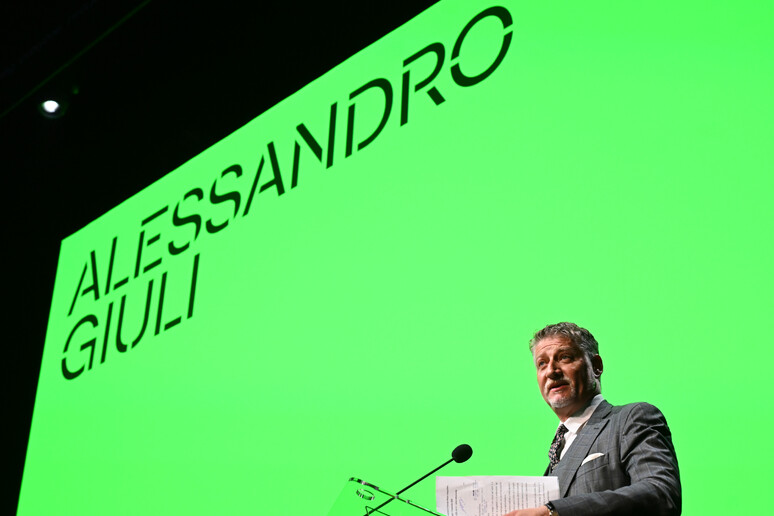Italy, France and Hungary have joined
Portugal's initiative to protect the creative and cultural
sector from the challenges posed by the development of general
purpose artificial intelligence (GPAI), raising the issue during
the meeting of the 27 Culture Ministers held in Brussels.
In particular, the promoters of the initiative called for
coordinated action around four priorities: the supervision of
the uses of AI, the protection of creators and rights holders,
transparency on the data used to train GPAI models, alignment of
AI development with European rights and values.
During the public debate, Germany, Spain, Denmark, Estonia,
Latvia, Lithuania, Finland, Greece, Cyprus, Slovenia and Croatia
expressed their general support for the initiative.
"Artificial intelligence is a step forward, but it must be
controlled so that it does not develop to the detriment of the
cultural and creative sectors," said French Culture Minister
Rachida Dati.
"Europe - she added - must be united to ensure the full and
complete application of copyright and related rights."
On the same wavelength was Culture Minister Alessandro Giuli who
stressed the importance of "transparency on the use of content"
by AI systems and "effective tools for the protection of the
rights of authors and creators whose works are used to train the
devices."
Copyright is one of the thorniest issues that will have to be
detailed in the code of good practices on GPAI currently being
drafted.
Giuli hoped that the code would reflect "the principles and
rules of the Union, particularly in the area of ;;copyright,
avoiding protection thresholds that are too low and do not offer
effective guarantees for authors and creators." Italy, he
recalled, is among the first "to have introduced specific
protections, for example in the national regulations that govern
public support for the cinema sector and the audiovisual sector
in general".
ALL RIGHTS RESERVED © Copyright ANSA











